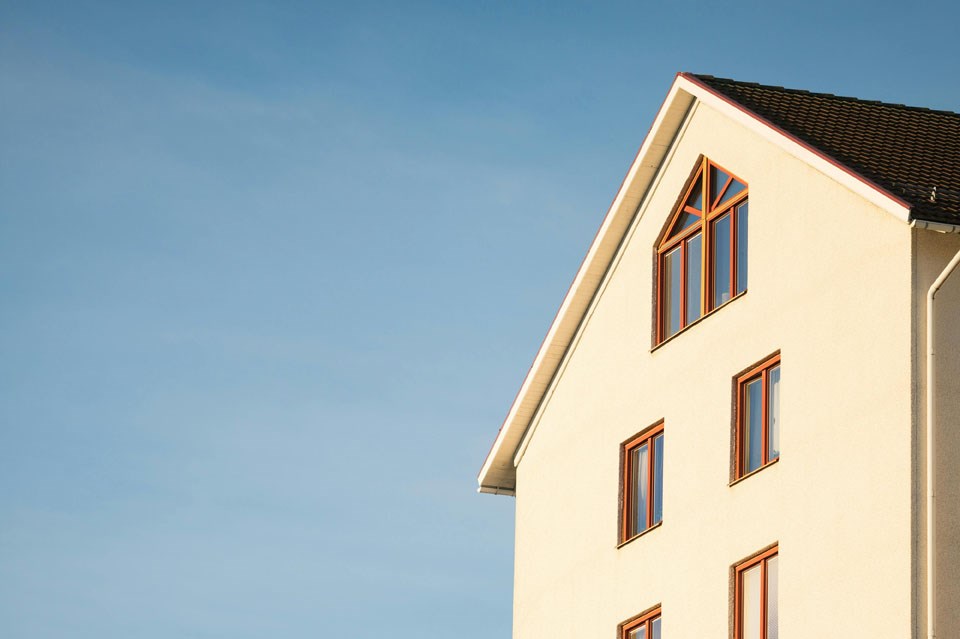Falling home prices are often portrayed as bad news—but that depends on who you ask. For millions of Canadians struggling to buy a home or find stable shelter, lower prices offer long-overdue relief. For current homeowners, especially those nearing retirement, a drop in property values threatens financial security.
Canada’s housing debate needs to reckon with both realities.
The affordability crisis is hard to ignore. Young people increasingly can’t afford to buy homes, and even renting an adequate place is out of reach for many. Far too many Canadians are homeless. In a country as wealthy as Canada, this shouldn’t be the case. The need for more affordable housing is urgent and obvious.
Yet much of the media coverage frames the housing market as being in trouble for a different reason: because prices are no longer rising. In fact, average home prices have dipped slightly, by about two per cent. For those priced out of the market, this is welcome news. But for many homeowners, any drop in value sets off alarm bells.
Two-thirds of Canadians live in homes they own, often referred to as “owner-occupied housing,” and more than half of those are mortgage-free, a figure that has held steady over time. For every renting or homeless family, there are two that own property. This includes not only most of those in the top 10 per cent of incomes, but even a quarter of the lowest-income Canadians.
For the country as a whole, real estate represents more than half of household net worth. So even a modest dip in home prices affects many Canadians where it matters most: their financial security. That’s why falling prices feel like bad news to much of the population.
Still, not everyone is affected the same way. For homeowners who don’t plan to sell and are mortgage-free, market prices matter little. They see their property as shelter, not an investment, and have no intention of cashing it out.
But that describes fewer Canadians than we might assume. Most of us see our homes as both a place to live and a store of value. We count on the equity in our homes for a variety of life-stage needs. None is more important than retirement.
Half of Canadians are over 40, and more than a third are over 50, when retirement planning becomes more urgent. For those over 65, the retirement years are already here. And for many, home equity plays a central role in those plans.
Owner-occupied homes can offer rent-free living in retirement, but many older Canadians still carry mortgages. Some plan to downsize, selling their current home, buying something smaller and more manageable, and using the leftover cash to boost their retirement income. Others intend to age in place, relying on reverse mortgages, a financial tool that allows seniors to borrow against the value of their home without selling or making regular payments. If long-term care is needed, selling the home may provide the funds.
And of course, many hope to leave something behind for the next generation. That’s part of the reason we call it “real estate.”
In today’s market, some are discovering that selling a home is harder than expected. It can take longer and result in less profit than hoped. For homeowners counting on high valuations to fund retirement, this is a real concern. But with cities like Vancouver and Toronto among the world’s most expensive, where average home prices can exceed $1 million, we shouldn’t expect prices to rise forever. More realistic planning, greater savings and even working longer are more dependable ways to prepare for retirement than counting on perpetual home inflation.
And with life expectancy rising, we have more time to earn, save and still enjoy a secure retirement. That longer runway is a financial advantage, not a burden.
A softening housing market isn’t the end of the world. In fact, it could be a lifeline for the millions who have been locked out of homeownership or are living in unstable conditions. Lower prices could give them a chance to find a place of their own—and that’s a kind of good news we shouldn’t ignore.
Dr. Roslyn Kunin is a respected Canadian economist known for her extensive work in economic forecasting, public policy, and labour market analysis. She has held various prominent roles, including serving as the regional director for the federal government’s Department of Employment and Immigration in British Columbia and Yukon and as an adjunct professor at the University of British Columbia. Dr. Kunin is also recognized for her contributions to economic development, particularly in Western Canada.
The commentaries offered on SaskToday.ca are intended to provide thought-provoking material for our readers. The opinions expressed are those of the authors. Contributors' articles or letters do not necessarily reflect the opinion of any SaskToday.ca staff.




